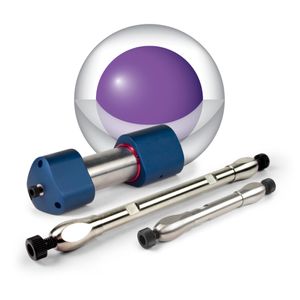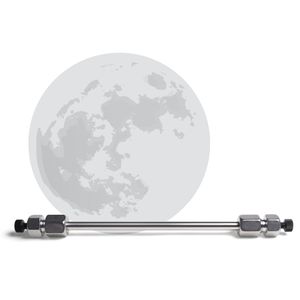Enhancing Surveillance Privacy with Computer Vision
Can privacy concerns be addressed as video surveillance technology continues to advance? This is what a recent award from the U.S. National Science Foundation’s Accelerating Research Translation (NSF ART) program hopes to address as this $200,000 funding award will help University of Central Florida Center for Research in Computer Vision researcher, Dr. Yogesh Rawat, use his computer vision software to help mitigate privacy concerns for video surveillance as it continues to advance and become more automated. This study holds the potential to help researchers and law enforcement better understand the privacy risks associated with using automation in video surveillance and the steps that can be taken to mitigate them.
“Automation allows us to watch a lot of footage, which is not possible by humans,” said Dr. Rawat. “Surveillance is important for society, but there are always privacy concerns. This development will enable surveillance with privacy preservation.”
University of Central Florida Center for Research in Computer Vision Assistant Professor, Dr. Yogesh Rawat, was recently awarded funding from the U.S. National Science Foundation’s Accelerating Research Translation (NSF ART) program to address privacy concerns with advanced video surveillance software. (Credit: University of Central Florida)
For this reason, Dr. Rawat will use this award to develop software and algorithms that can obscure individuals who are not of interest in the video surveillance system. For example, law enforcement agencies frequently search for individuals using search queries, and this software will obscure anyone who doesn’t match that query, thus protecting their privacy. As part of the award, Dr. Rawat will not only be able to identify users of his software, including law enforcement and healthcare, with his goal to making his software available for edge devices, which are devices that don’t require external servers, including public cameras or drones.
“I'm really interested in understanding how we can easily navigate in this world as humans,” said Dr. Rawat. “Visual perception is something I'm very interested in studying, including how we can bring it to machines and make things easy for us as humans and as a society.”
How will this research help mitigate privacy concerns for video surveillance in the coming years and decades? Only time will tell, and this is why we science!
As always, keep doing science & keep looking up!
Sources: EurekAlert!, University of Central Florida




















































